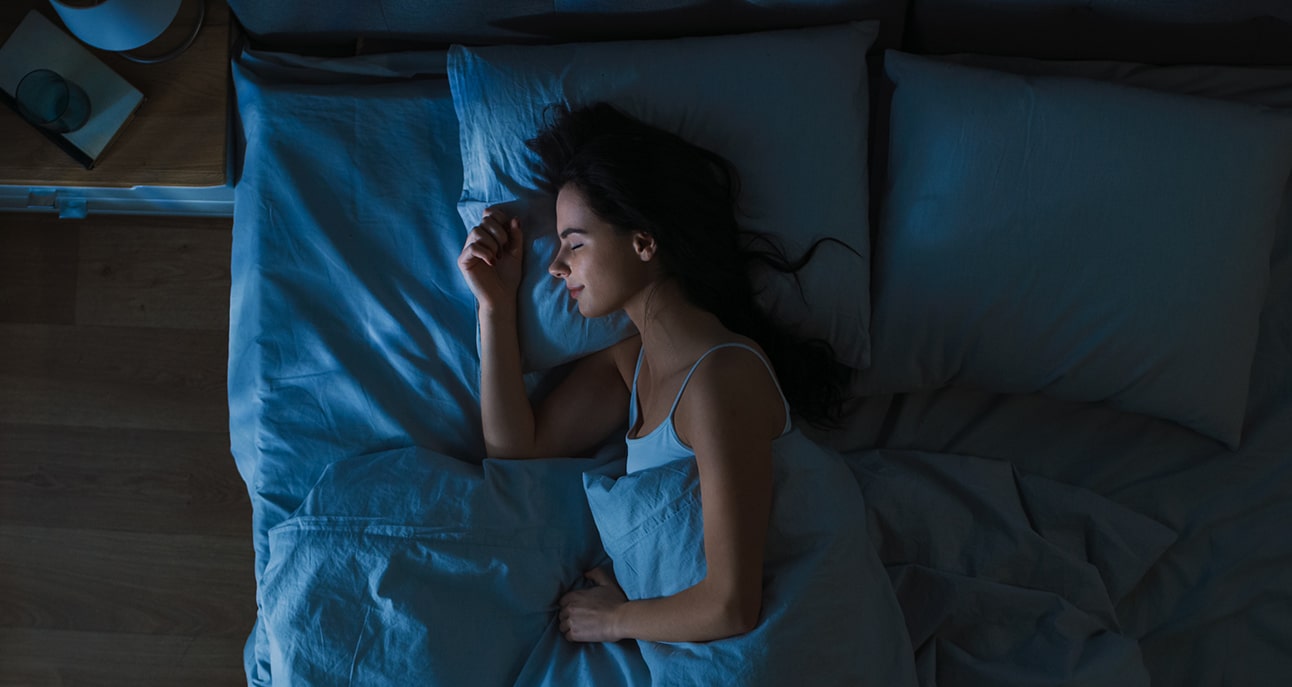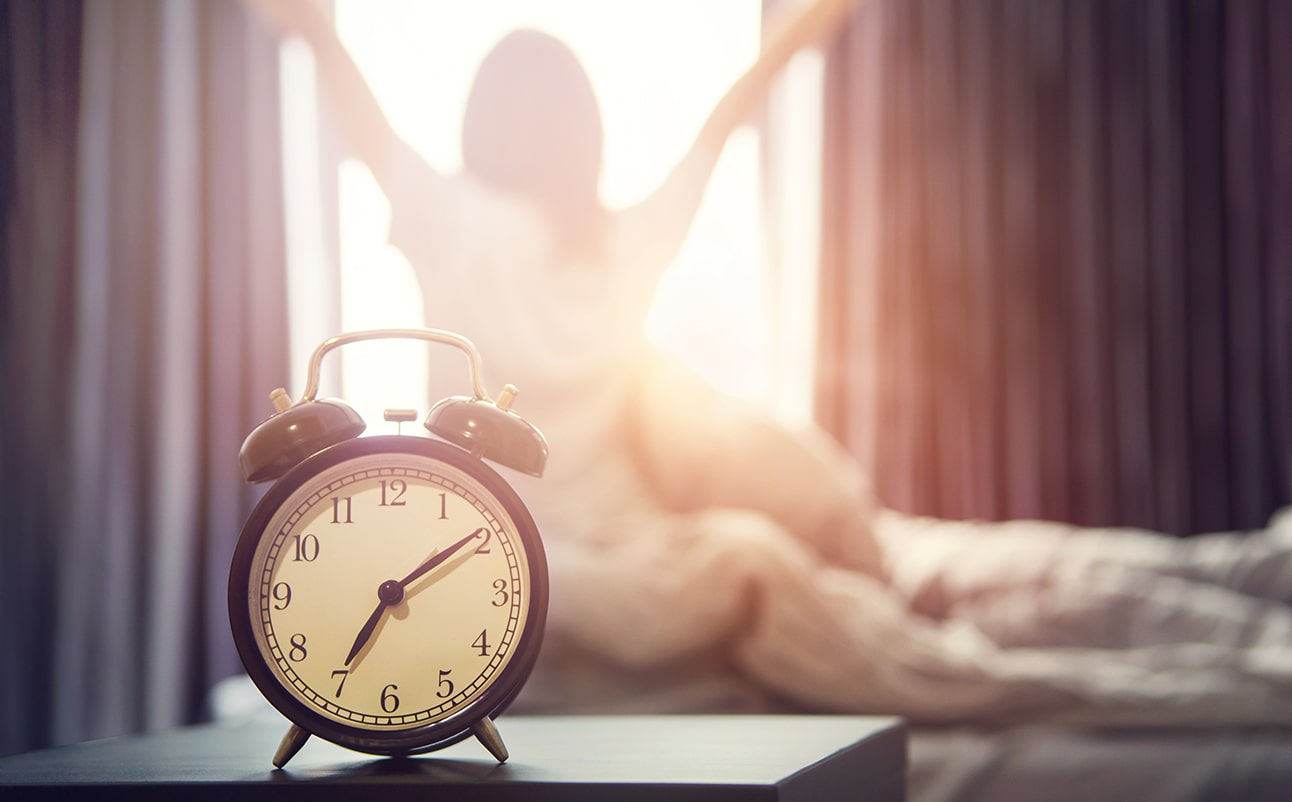
This year, ‘Blue Monday’– the official most depressing day of the year, might be hitting a bit harder than usual. In this blog, we explore the reasons behind why many people find the winter months so difficult and how you can best look after your mental health during this season.
What makes this Monday so blue?
Under normal circumstances, the third Monday of January is thought to be the day of the year most people will experience the biggest dips in their mental health.
At this time, many of us in the UK are surrounded by cold weather with dark nights stretching out in front of us. With the added guilt from Christmas over-indulgence, and very little on the calendar to look forward too, it’s easy to see where this logic comes from. But if we look back to the origins of the term, ‘Blue Monday’ was originally coined by a travel agency in 2005 as a marketing ploy to convince the public to book more holidays – the term has even been met with accusations of pseudoscience and controversy around the claims that this was based on actual psychological studies.
While ‘Blue Monday’ might be a myth, seasonal affective disorder (SAD), a tendency to experience reoccurring bouts of depression during the winter months, is a recognised medical condition and is thought to effect around 3 in 100 people in the UK. 1 For many, this could seem even tougher in 2021 with the added pressures coming from months of living through a pandemic.
With renewed restrictions bringing loneliness, financial concerns and difficulties caring for or educating children while working a full-time job for many, now would be a very practical time to make positive, evidence-based changes to improve our mental health
What can I do about it?
1. Let in some light
Seasonal affective disorder and low mood in the winter months are thought to be linked to the decrease in daylight hours.
Symptoms of SAD include lethargy, loss of interest in daily activities, craving certain food types and excessive sleep. The key theory behind SAD is that this lack of sunlight impacts the balance between levels of two hormones within the body:
- Melatonin – a key component in our circadian rhythm or ‘body clock’ which is produced in the absence of sunlight. Excess levels of melatonin, which is thought to be a feature of SAD promotes feelings of tiredness. 2
- Serotonin – an important hormone that can influence our mood. A lack of sunlight can lead to a decrease in serotonin levels, which has been linked to feelings of depression. 2
One treatment recommended for SAD is light therapy but even if you don’t suffer from this condition, it’s worth paying attention to the principle behind it. The mental health charity Mind recommends that during winter you spend time outside in the daylight where possible or even just next to a window. If you’re working from home, why not choose a workspace that gets plenty of natural light?

2. Prioritise your sleep
Our quality of sleep is closely linked to how we feel emotionally. They often take on a cyclical relationship where poor sleep can affect our mental health and poor mental health can impact our quality of sleep. 3 On top of this, SAD and depression can lead to both a lack of energy and difficulties with sleeping itself, easily allowing sufferers to get stuck in a vicious cycle.
Sleep is an essential part of our day, so this time of year especially, make sure you make it a priority, not an afterthought. The general guidance states that adults should aim for between 6 and 9 hours a day. 4
If you find yourself struggling to get to sleep at night, habits that might help you include:
- Exercising regularly. This can help you to expend more energy through the day and is thought to promote better sleep quality and duration. 5 Just make sure to do this at least three hours before you want to go to sleep as some people can find this has the opposite effect. 5
- Cutting down on the caffeinated drinks. Did you know that caffeine can stay in your system for up to 12 hours after consumption? 6 Switching to decaf drinks in the afternoon can help you to feel sleepy when you need to.
- Putting aside an hour before bed to wind down. In this time be sure to stay away from your phone and laptop screens as the blue light they emit can act like daylight and inhibit melatonin production 7 – keeping you awake for longer!

3. Keep a routine
Another key element in improving your sleep is to implement a regular sleep schedule, but this isn’t the only way that a good routine can benefit your mental health.
Waking up and falling asleep at approximately the same time every day is an important part of training our internal body clock. The body clock refers to the 24-hour cycles (or circadian rhythms) that many of our body’s processes naturally run on. There are many of these rhythms in the body, including our sleep-wake cycle.
All of these individual circadian rhythms are synchronised to one ‘master clock’ in the hypothalamus. The master clock can then be kept in check by external influences such as light. For example, our body can respond to daylight to make sure that we wake up at the correct time– this is how our melatonin levels fit in to the picture.
However, this external regulation can sometimes backfire, leading to disruptions to the master clock in our brain, which will then offset the individual rhythms in our body, disrupting processes such as sleep, temperature regulation, and levels of hormones like serotonin. This explains how night shift workers who go to sleep in the daytime can struggle with their sleeping pattern but is also why shift workers are on average more likely to experience mental health problems than those working standard hours. 8 Ultimately, it is this same effect that can be seen when changing daylight levels triggers seasonal affective disorder.
Routines aren’t just important for our circadian rhythm – having certain aspects of your day that you can rely on, even during a pandemic can help you to feel more in control or even just boost your productivity. Here are some simple ways of giving your day a bit more structure:
- Wake up and go to bed at the same time every day – even on the weekends
- Stick to your usual working hours, as if you were in the office
- Try incorporating exercise by adding in a daily walk after work

The Key Principle
While not all of these tips may be possible for you or fit in well with your lifestyle, our advice can be summarised by one key principle: look after your body to look after your mind.
While this might seem obvious, evidence shows a strong association between keeping our body clock running smoothly and mental health. 9 Our bodies generally know what to do in this respect, however modern lifestyles, such as irregular shift patterns and using devices with artificial light often throw us off balance. During this latest lockdown, why not take the time to retrain your body clock and put yourself in the best position to fend off the January blues?
For more content on the COVID-19 pandemic, digital healthcare, marketing best practice and much more, keep an eye on our blog.
If you’re currently struggling with your mental health and would like some more detailed advice, visit the charity mind for some useful resources.








